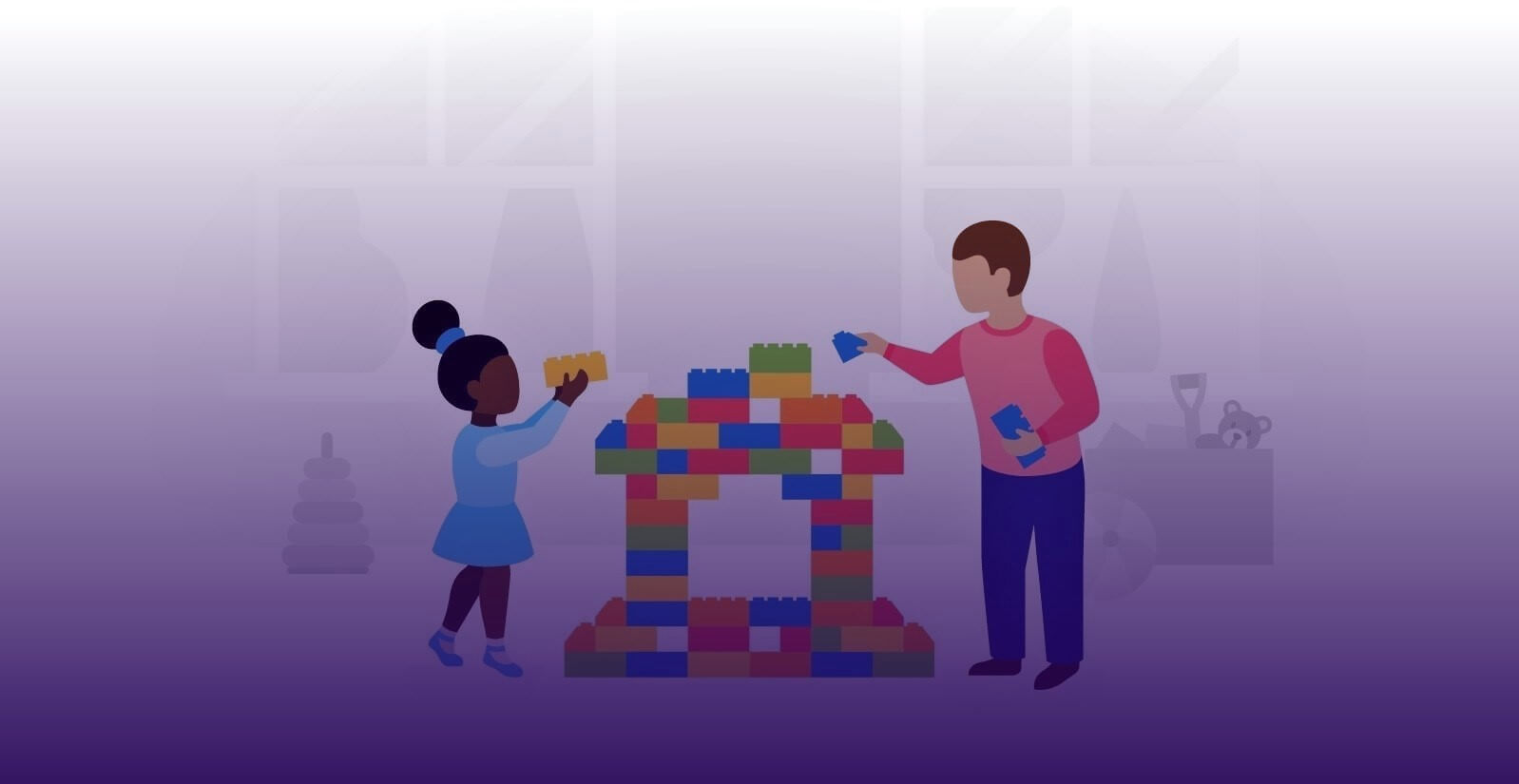The National Education Policy 2020 is the best thing since India’s independence. A slight exaggeration, I understand, but that’s how important the policy is. The almost 40000-word policy proposes to revise and revamp all aspects of the education structure. In the whole policy, I noticed the phrase ‘Experiential Learning’ pop up regularly. To be precise, the phrase is mentioned six times in the whole document.
So, What is Experiential Learning?
It is— Learning by doing.
An individual can learn:-
- By action
- By experience, and
- By discovery, among other ways.
Let us learn what it means through an example:
As children, we all would have touched a hot stove, only to realize we shouldn’t have. This is a fine example of learning by experience. But, the education system teaches a child about this usually in the 4th standard or 5th, terming it as ‘reflex action’.
So, where does Experiential Learning fit into our education system?
For decades, we have been reading textbooks and memorizing them, only to reproduce the content during exams to fetch our marks.
Yeah, Mitochondria is the powerhouse of the cell. I know — we all know.
Jokes apart, this very aspect of read-memorize-vomit has hindered the country’s progress for too long.
Experiential learning is being introduced to replace this concept and get students to learn by experience. The application of concepts will be the priority and not memory power. The system is built on human beings’ basic desire to understand and grasp the world around us.
This system will make the classes more interactive and fun. Experiential learning means students will have hands-on learning. This will reduce the usage of books.
Speaking of experiential learning, we should learn about Japan’s education system. Japanese students start attending school from the age of 6. What’s the impact? The answer lies in the fact that for the first 6 years, a child isn’t restricted to any time-table or syllabus.
The child learns whatever he/she loves to, by doing, failing, and repeating the process. Unrestricted learning is something we all should try to achieve in the system.
Whenever a student’s vision is confined by marks, their will to learn is replaced by their will to remember. Memory power becomes the sole priority.
Unrestricted learning develops problem-solving skills. Why?
Because it is human nature to solve a problem. When babies start walking, they don’t succeed at the first attempt, they fail and fall. The baby’s mind recognizes the problem. What do they do? They use their hands to hold onto something and then push themselves forward.
That’s human nature at its purest form. Our mind is built to solve problems. It isn’t built to simply complain and work around it. Humans have this amazing ability to invent, explore, and change what we know constantly, that is how we have evolved till date. Through exploring, adapting, and innovating. This is the basis of Experiential Learning.
Okay, I understand experiential learning is important and useful. But, how will it fit into our Indian education system?
Remember our enemy — Trigonometry?
I’m sure you do.
We dreaded that chapter so much, but why? Because there was no scope for visualization. When one can’t visualize a problem, the mind can’t perceive it. But, what if trigonometry were taught practically?
We all would have played Mario at least once in our life. Remember he never jumped from up and down. He used to jump and land a little further than his starting point, that trajectory is determined by trigonometry.
Imagine a teacher using a PPT on Mario and explaining the ABC of trigonometry, that’s experiential learning- by observation. And for those who haven’t played Mario, go play. Jokes apart, let me use another game — Angry Birds to add more context.
You pull the bird backwards to a certain angle and create a trajectory for its movement.
This is trigonometry.

This is where Experiential Learning finds itself as the best move forward for the Indian education system. Complex topics would be simplified, and students would develop a knack for visualization and problem-solving.
The future lies in the application of concepts, rather than in the concepts itself. Memorizing the facts and concepts would be reserved for computers and devices, whereas we as humans, would be solving problems through logic and emotions.
NEP 2020 has recognized the concept of Experiential Learning. It’s our turn to leverage its immense potential. Let’s focus on solving problems by applying what we learn at the school. We should be able to visualize and break down complex topics.
Remember Experiential Learning won’t give you answers to remember, but it provides you with problems to solve. It’s up to us now to adapt ourselves to the dynamics of NEP 2020.




